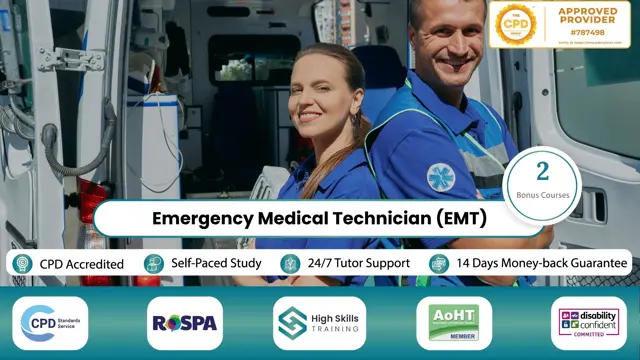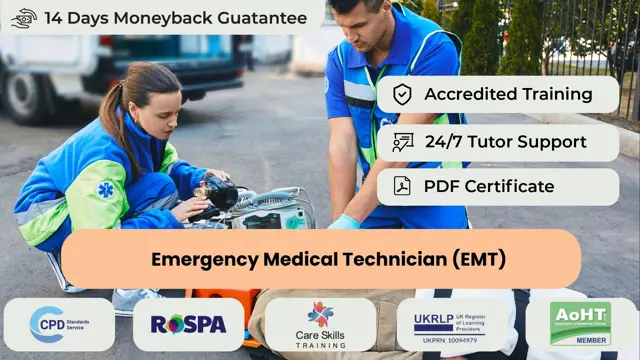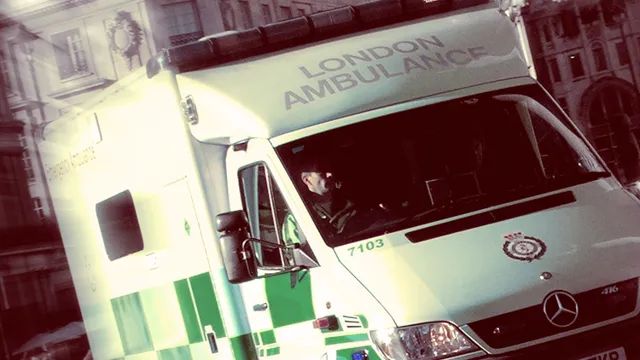Emergency Medical Technician (EMT) with Paediatric First Aid and Sports First aid Training
High Skills Training
Updated: 2025| CPD Accredited | PDF Certificate | Expert tutor support | 14 day money back guarantee
- New course!
- Online
- 3.4 hours · Self-paced
- Certificate(s) included
- Tutor support
Great service
★★ 1200+ Positive Reviews from Learners! ★★ CPD-Accredited Emergency Medical Technician (EMT) Training with Paediatric and Sports First Aid Certification Gain the skills and confidence to respond effectively in emergency situations. This CPD-Accredited EMT Training course combine
…




